
Cooking oils get complicated fast. There are so many options these days, including natural fats like coconut, avocado, and olive oil, and the more heavily processed versions, including canola oil. Each oil type has its own features. Today, we’re looking at coconut oil vs olive oil. While these oils can be used in many of the same ways, they also have considerable differences.
Olive oil is popular as a healthy oil for cooking, as a dip for bread, and even for drinking (yes, really!). The popularity isn’t surprising. After all, olive oil is a rich source of monounsaturated fats, including oleic acid, and has long been seen as incredibly healthy.
There are even more than 20 olive oil of the month clubs. These vary in style, cost, and features, but all regularly ship authentic olive oil straight to your door. They’re an amazing way to expand your olive oil horizons.
Coconut oil has a more mixed reputation. Sometimes it’s seen as amazing, especially as a keto cooking oil, but there’s often concern about it as well. So, what do the two oils have to offer and which is better?
Coconut Oil Vs Olive Oil | Flavor, Health, Cooking

Where They Come From
Let’s start with the obvious. Olive oil comes from olives, while coconut oil comes from coconuts instead. Of course, there’s more to it than just that.
Olives go through a series of steps to create olive oil, including sorting, cleaning, grinding, malaxation, and filtering. The exact processes used depend on the manufacturer, as some will use harsh chemicals, while others focus on mechanical steps instead.
While olive oil was traditionally made using presses, this is rarely the case these days. Modern companies normally rely on centrifugation instead, as this is a more efficient process.
Coconut oil often relies on pressing. Some versions are made by pressing fresh coconut meat, while others rely on dried coconut meat instead. However, coconut oil can be centrifuged as well.
Types Of Olive Oil And Coconut Oil
Both oils fall into different grades. While these are similar to each other, there are some interesting differences too.
Refined
Olive oils that aren’t labeled as virgin or extra virgin tend to be refined. These have gone through some chemical processing steps to create a blander and more heat resistant oil.
There are still rules surrounding refined olive oil. For example, the free acidity can’t be more than 0.3% and the refining approaches can’t have impacted the underlying glyceridic structure of the oil.
Refined coconut oil is normally made using dried coconut meat. Many brands use a steam refining process and avoid chemicals. The steam refining strips away some of the flavor, giving you a much more neutral product and increasing the oil’s smoke point.
However, some brands rely on chemical refining instead, so it’s important to read the product label carefully.
Virgin
Virgin olive oil is made using mechanical approaches only, giving you a largely unrefined and natural product. Virgin coconut oil is similar. It is often simply pressed from the meat of the coconut and isn’t processed much beyond that point. You can even make this version at home.
Both types of virgin oil have more flavor than their refined counterparts. This can be useful or frustrating, depending on the recipe you’re preparing.
Extra Virgin

Extra virgin olive oil is often defined as coming from the first olive oil press, but that’s not entirely true. For one thing, traditional presses aren’t often used in modern olive oil production, so there isn’t a first press and a second press.
Instead, extra virgin olive oil must follow virgin production methods and also meet strict standards, including containing a maximum of 0.8% free acidity. It also tends to have a rich flavor.
But, extra virgin coconut oil isn’t what you might expect. The USDA doesn’t have an extra virgin grade for coconut oil. The term is just something that companies use for marketing.
So, there’s no difference between virgin and extra virgin coconut oil.
Filtering
You can also find filtered and unfiltered versions of olive oil. Filtered olive oil is more common and should last longer. However, unfiltered olive oil is starting to become more popular and could offer extra benefits.
The Oils Mightn’t Match The Labels
It can be difficult to determine the quality of your oil from appearance alone, which makes the terms virgin, extra virgin, and refined incredibly helpful. However, there’s no guarantee that your oil matches its label.
Olive oil counterfeiting is a particularly serious problem, which means that products labeled as virgin or extra virgin olive oil mightn’t be the real deal. Some may be refined oils, while others may be mixed with vegetable oils.
This is true for single origin oils as well, including Moroccan olive oil.
There are cases of coconut oil counterfeiting as well, although the issue isn’t as well known. As such, it’s essential to purchase from reputable companies that are transparent about their processes.
The Flavor Profile
Virgin coconut oil has an intense coconut flavor. This is fantastic if you like coconut and the flavor fits your recipe. However, the intensity of the flavor often works against you, as you often won’t want a coconut undertone to your meal or dessert.
Refined coconut oil is largely flavorless. It’s perfect any time you want the features of coconut oil and not the taste.
Extra virgin olive oil has a distinct flavor too. This isn’t as overpowering as coconut, which can make olive oil more versatile. There’s also plenty of variation between brands. Plus, virgin olive oil often has less flavor.
You can find ‘lite’ or ‘mild taste’ olive oils. These have been refined to decrease their intensity and some may have even been blended with other oils as well.
Fat Content And Composition
This is where things get interesting. In both cases, a tablespoon of oil will give you roughly 120 calories and 14 grams of fat. But, the type of fat is very different.
Olive oil is rich in monounsaturated fats. These are often called heart healthy fats and they’ve actually been linked to many health benefits, like decreased inflammation and lower blood pressure.
The most significant fatty acid is oleic acid. This fat has become famous, as it contributes to many of the health benefits of olive oil.
Coconut oil is quite different. It is incredibly high in saturated fat, which is why it’s often solid at room temperature. Saturated fat is often linked to health problems. It’s even thought to raise heart disease risk.
Yet, there’s still a lot we don’t know about saturated fat.
Coconut oil also contains a fascinating type of saturated fat – medium chain triglycerides (MCTs). The chain length of these fats means that they’re processed in the body differently than other saturated fats, which could change their health impacts.
MCTs could even offer some benefits, like lowering levels of inflammation and increasing fat burning.
Nutrients And Antioxidants

Olive oil and coconut oil both contain some nutrients and plenty of antioxidants. The antioxidants are crucial, as they could help to decrease inflammation, which then promotes health.
The nutrient and antioxidant content will always be higher in the unrefined versions of the products than the refined ones. This is one reason why extra virgin olive oil is so powerful.
Cooking With The Oils
You’ve probably heard that you shouldn’t use high heat with olive oil, particularly extra virgin olive oil, as the smoke point is too low. However, things are a little more complex than that.
Smoke Point
Interestingly, the smoke point of olive oil isn’t as low as you might expect. Even extra virgin olive oil ranges from around 370°F to 405°F, which makes it high enough for pan frying. Refined olive oil is even more impressive, often with a smoke point of more than 450°F.
Virgin coconut oil doesn’t fare quite as well, with a smoke point of around 400°F. Refined coconut oil does better at 450°F, putting it in the same range as refined olive oil.
These smoke points mean that even extra virgin olive oil can be used for high heat cooking, including pan frying.
Oxidative Stability
What’s more important is the oxidative stability. This influences the safety of cooking with your oil much more than smoke point.
Olive oil is a slightly better choice here, as the monounsaturated fats and antioxidants help to protect the oil from oxidation. However, coconut oil isn’t far behind and still resists oxidation.
Solidity
Olive oil is liquid at room temperature. This makes it easy to work with, especially if you’re trying to prepare a dressing.
Coconut oil is solid instead, so it’s a little trickier. For example, if you want to roast vegetables in coconut oil, you first need to melt the coconut oil and then mix it with the vegetables. Still, coconut oil melts quickly, so it’s not that big of a deal.
The way coconut oil solidifies isn’t entirely bad though. This makes it perfect for no bake desserts, including truffles, cookies, fudge, and brownies.
Storage And Shelf Life
Olive oil has a decent shelf life. An unopened bottle should be good for at least 12 months from the bottling date. Many high quality olive oils will last for years if left unopened in a cool dark environment.
Once opened, it’s best to use the oil within six months or so. Using it in the first couple of months is ideal, as this gives you the best flavor from the oil.
Coconut oil is even more impressive. If stored well, unopened virgin coconut oil can last two years, while refined coconut oil may last up to eight years. The oil should always be kept in an airtight container, either in the fridge or in a cool dark environment.
Is Olive Oil Better For You?
Most experts would say that olive oil is the healthier choice. After all, it’s a rich source of monounsaturated fats and antioxidants. It’s featured in many studies. These consistently show that it can improve health – especially when used to replace saturated fat.
However, there is growing support for coconut oil, particularly among the low carb community. Coconut oil even gets called a superfood from time to time.
There are a few big ideas here. One is that fat isn’t the villain we’ve always assumed, as carbs are much more concerning.
Another is that saturated fat mightn’t be that bad either. This one is more controversial, but there’s some evidence, including how saturated fat mostly seems to raise heart disease risk factors, rather than heart disease risk itself.
Finally, there are the MCTs in coconut oil. These behave differently than other types of saturated fat and could offer health benefits. MCTs are particularly important for keto dieters, making it easier to reach ketosis and reducing the risk of side effects.
These areas suggest that coconut oil does have its place.
Still, some caution is needed. Even if saturated fat isn’t as bad as we’ve been taught, it isn’t a superfood. The monounsaturated fats in olive oil are still much more powerful for health.
Final Thoughts

Olive oil and coconut oil are both popular as cooking fats, but they’re also very different from each other.
They’re so different, in fact, that there isn’t really a best choice. Instead, the decision comes down to how you use the oil and the outcome you’re looking for.
The best answer may be to have both oils in your cupboard and use them based on your needs. This would allow you to take advantage of both, without overdoing it on saturated fat.


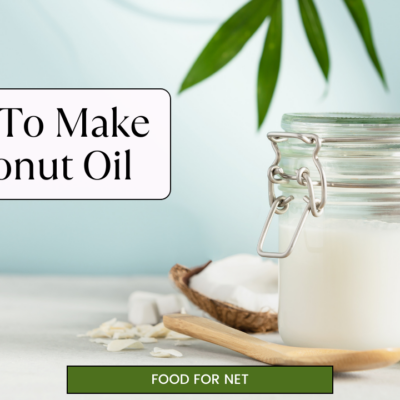
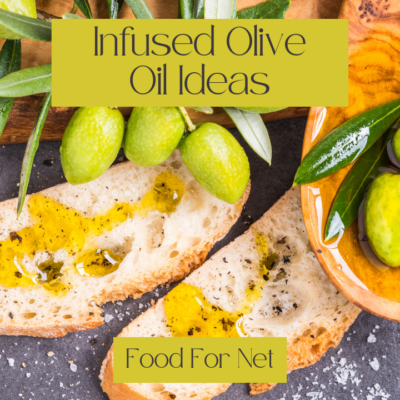
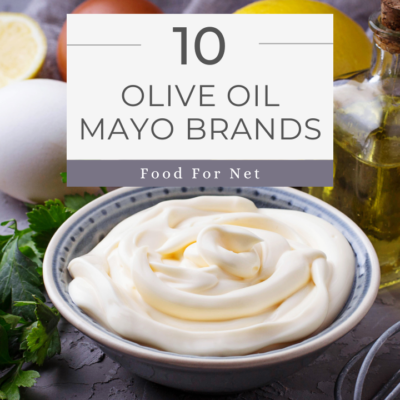
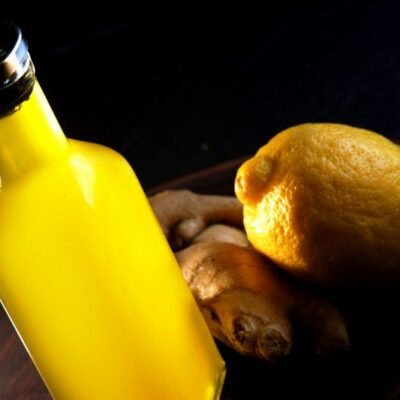

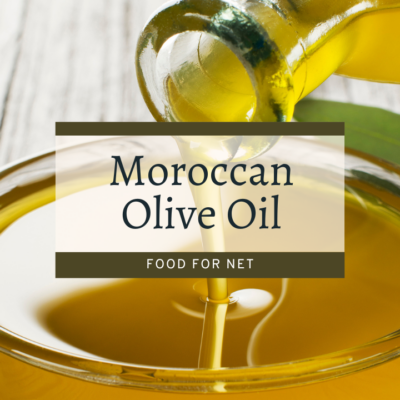
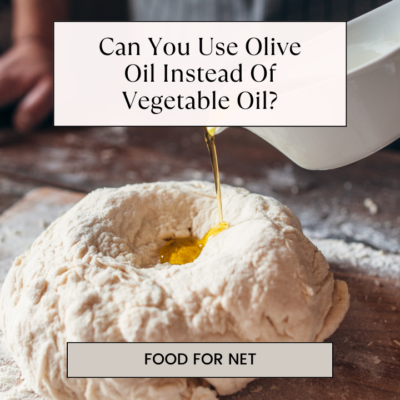
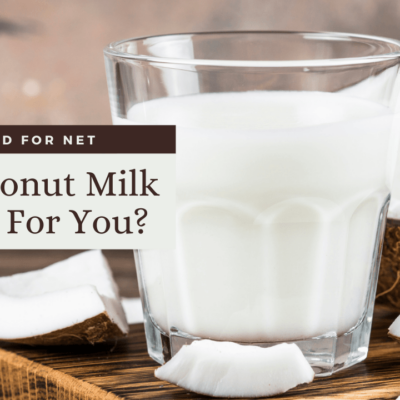
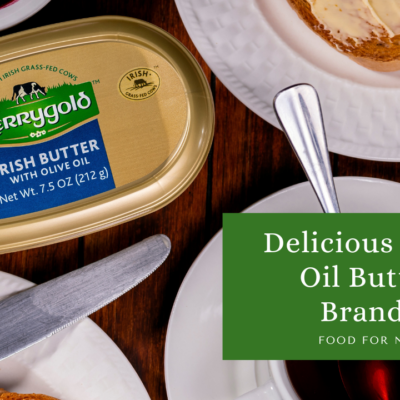

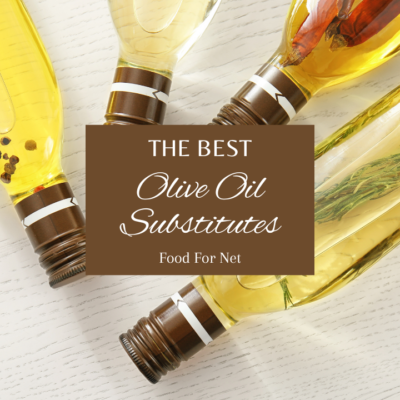

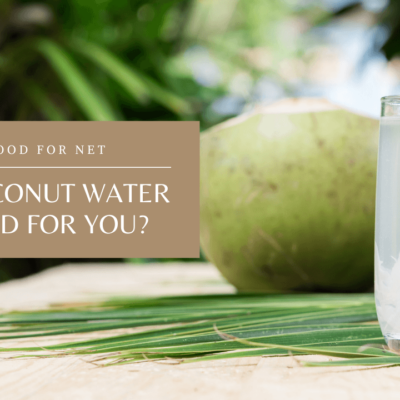

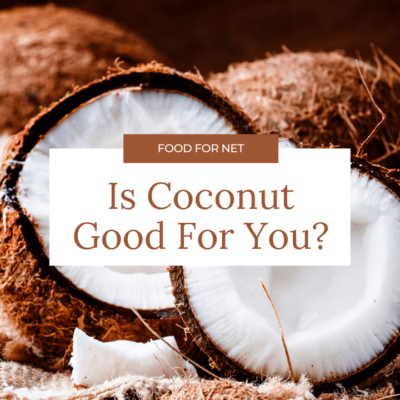
 36 Weird Cookie Flavors That You Won’t Believe
36 Weird Cookie Flavors That You Won’t Believe
Leave a Reply